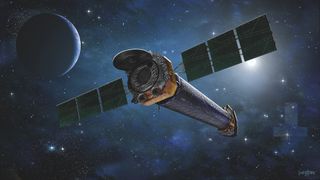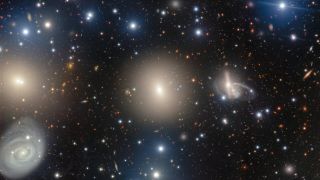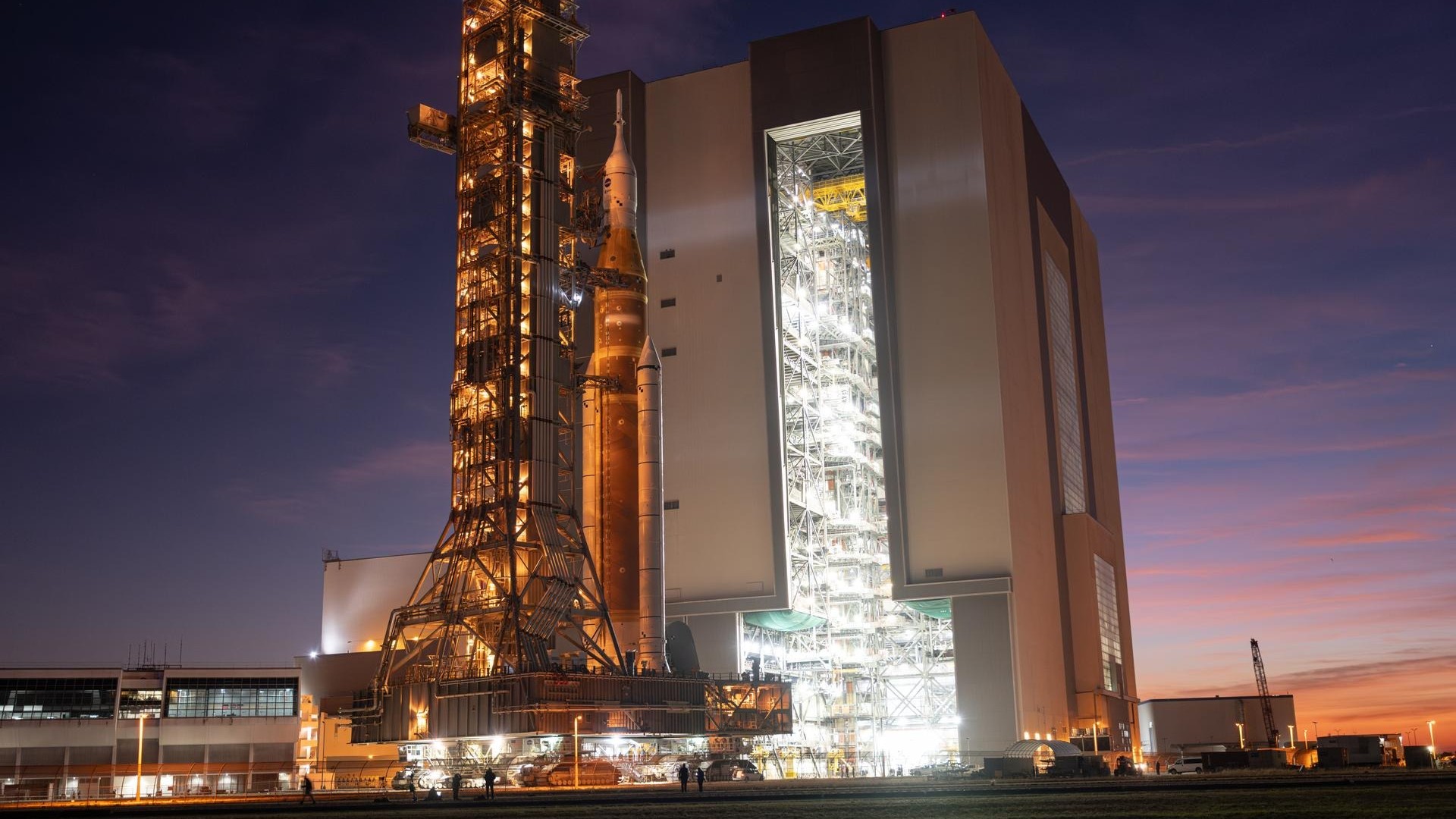Latest articles by Keith Cooper

Scientists find secret comet in the asteroid belt — how many others are there?
By Keith Cooper published
Main-belt comets that scientists keep finding could provide new insights into the birth of our solar system.
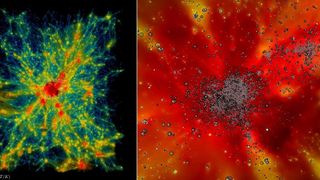
World's 2nd fastest supercomputer runs largest-ever simulation of the universe
By Keith Cooper published
A new frontier has been reached in simulations of the universe, with the powerful exascale supercomputer called "Frontier" performing the most detailed simulation yet of the cosmos.
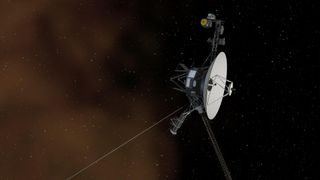
Voyager 1 interstellar spacecraft finds its voice again as NASA restores communications
By Keith Cooper published
Voyager 1 is shouting across the cosmos again, following a glitch that had seen it inadvertently switch to its low-power transmitter.
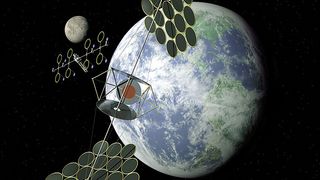
How bacteria are inspiring the next generation of space-borne lasers
By Keith Cooper published
The bacteria could be grown in space, and lend their photosynthesizing talents to supplying power to the hundreds of thousands of satellites in orbit.
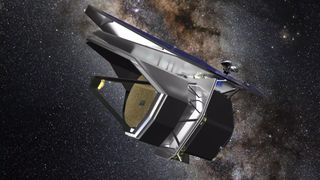
2 space telescope designs will battle it out to become NASA's next cosmic imager
By Keith Cooper published
Whichever mission NASA selects to image the cosmos next should launch by 2032. Here are the two contenders.
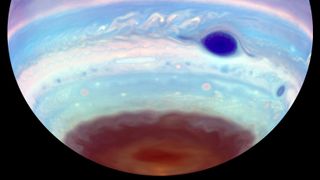
Magnetic tornadoes on Jupiter are spawning Earth-size storms
By Keith Cooper published
Magnetic vortices twisting down from Jupiter's ionosphere into its deep atmosphere cause giant, ultraviolet-absorbing polar anticyclones, each the size of our Earth.
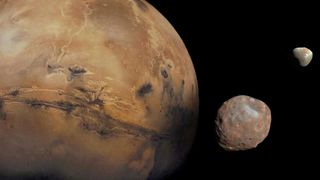
Mars may have made its 2 moons by ripping an asteroid apart
By Keith Cooper published
A new theory proposes that Phobos and Deimos resulted from the wreckage of a larger asteroid that wandered too close to Mars and was ripped apart.
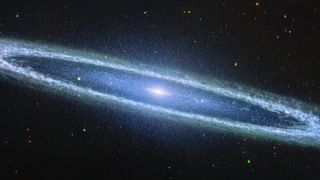
The Sombrero Galaxy's star-forming days are nearly over — and the James Webb Space Telescope may know why
By Keith Cooper published
A brand-new James Webb Space Telescope image captures the steady, slow lifestyle of the distinctive Sombrero Galaxy.
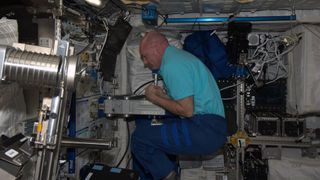
How do astronauts weigh themselves in space?
By Keith Cooper published
Space mysteries In microgravity, astronauts must measure their mass, not their weight, which they can do with two devices on the ISS.
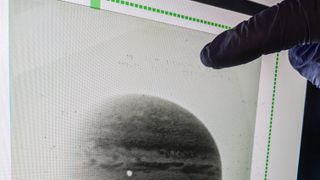
Inside NASA's archives: Meet the team restoring astronomical history
By Keith Cooper last updated
Though data from all modern missions is digitized and properly archived, the same can't be said for missions prior to 1990.
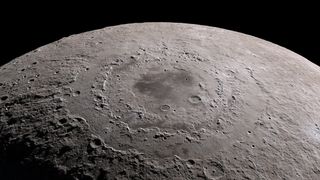
Precise new moon map could help guide future sample-return missions
By Keith Cooper published
The age of Mare Orientale could act like a lunar Rosetta stone for dating the age of the moon's other giant impact basins.
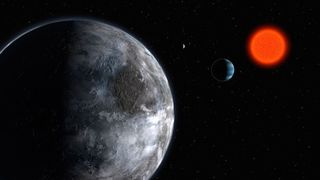
Whatever happened to the 'potentially habitable' planet Gliese 581g (and d and f)?
By Keith Cooper last updated
From being the most Earth-like planet known to being consigned to the trash bin, the story of Gliese 581g is a precautionary tale for exoplanet hunters.

Somewhere in the multiverse, dark energy is helping stars and life form
By Keith Cooper published
The strength of dark energy in our universe is not optimized for forming stars, which means other universes might have a greater likelihood of producing life.
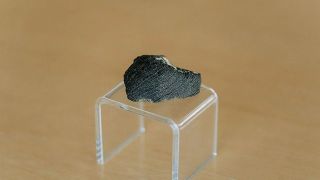
Mars meteorite found in drawer reveals history of water on Red Planet
By Keith Cooper published
"We think the water came from the melting of nearby sub-surface ice called permafrost, and that the permafrost melting was caused by magmatic activity that still occurs periodically on Mars to the present day."
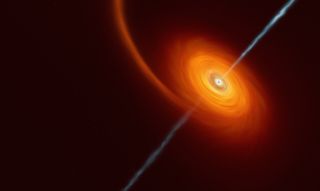
A black hole's secrets could hide in its dizzying light 'echoes'
By Keith Cooper published
Black hole light echoes are an extreme form of gravitational lensing.
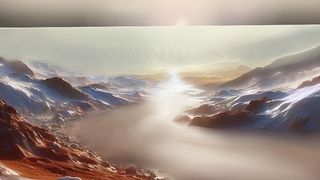
On ancient Mars, carbon dioxide ice kept the water running. Here's how
By Keith Cooper published
Huge shells of frozen carbon dioxide at Mars' south polar cap resulted in subsurface meltwater, which fed a huge system of rivers, lakes and even a sea, a new study suggests.
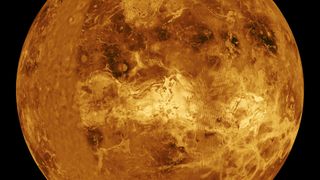
Venus' 'missing' giant impact craters may be hiding in plain sight
By Keith Cooper published
Venus' wrinkled, deformed "tesserae" terrain may be ancient impact features the size of continents, a new study suggests.
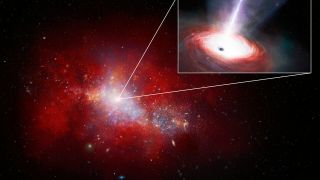
'Fastest-feeding' black hole of the early universe found! But does it break the laws of physics?
By Keith Cooper published
The hungriest known black hole in the early universe has been found, thanks to teamwork between NASA's James Webb Space Telescope and Chandra X-ray Observatory.
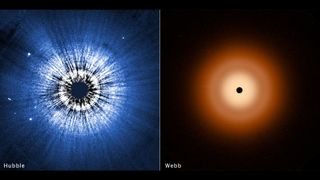
'Vega continues to be unusual:' Lack of planets around young star puzzles astronomers
By Keith Cooper published
A joint Hubble and James Webb Space Telescope (JWST) project to learn more about the dusty disk around the bright star Vega has found a surprising lack of planets.
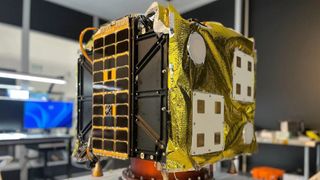
Asteroid-mining company AstroForge gets 1st-ever FCC license for commercial deep-space mission
By Keith Cooper published
AstroForce has received a commercial license for operating and communicating with a mission headed to a near-Earth asteroid, the first to be granted for beyond Earth orbit.
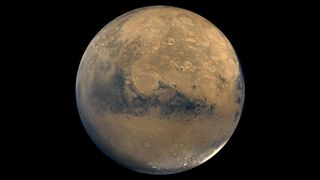
Boost for Mars life? Red Planet's magnetic field may have lasted longer than thought
By Keith Cooper published
Mars' global magnetic field may have hung around for 200 million years longer than scientists had thought, possibly giving life a longer window to take hold on the Red Planet.
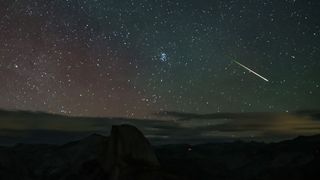
'Interstellar' fireballs likely came from within our solar system, study suggests
By Keith Cooper published
The imprecision in the measurements of claimed interstellar fireballs means it is highly likely they originate in the solar system instead, a new study reports.
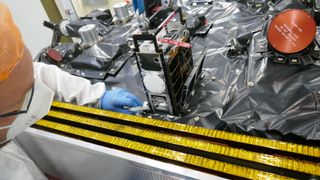
Cubesats on Europe's Hera asteroid mission phone home after Oct. 7 launch
By Keith Cooper published
The two cubesats will assist in the most detailed study ever of a binary asteroid.
Breaking space news, the latest updates on rocket launches, skywatching events and more!

